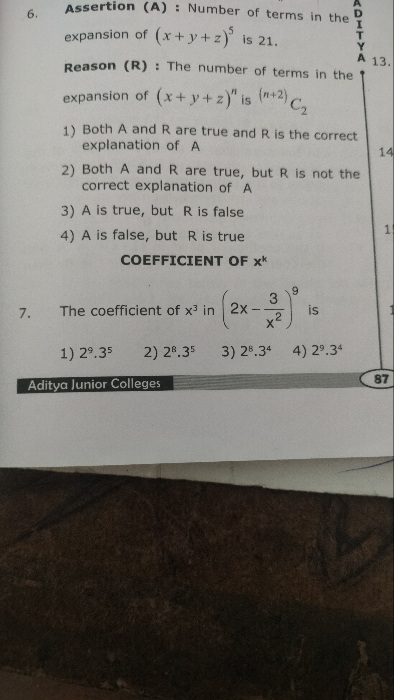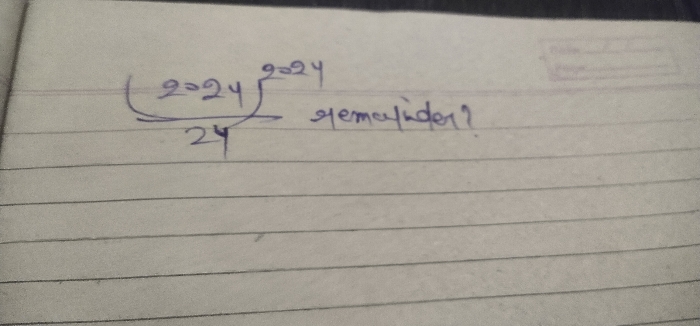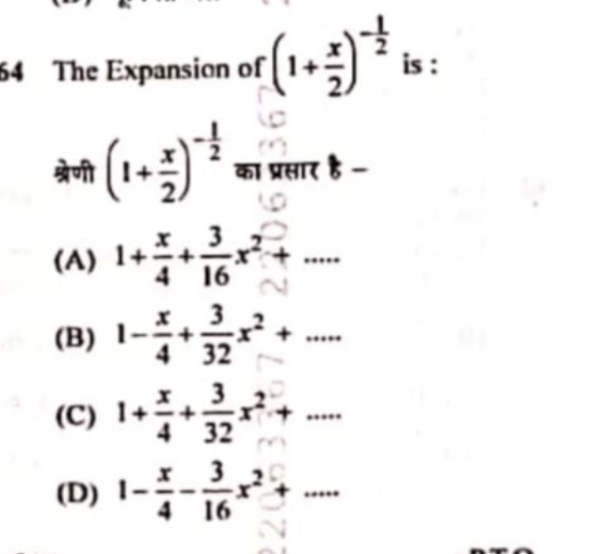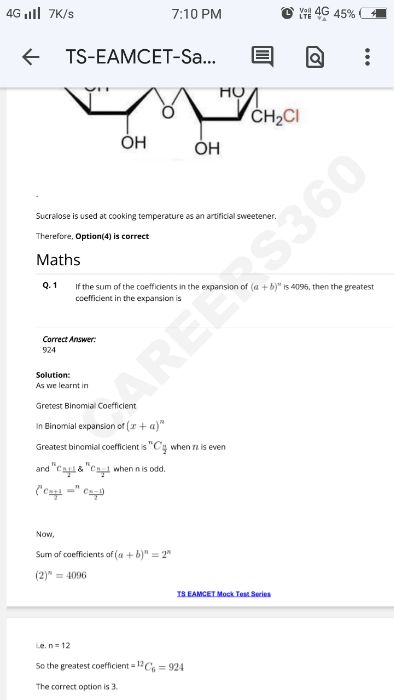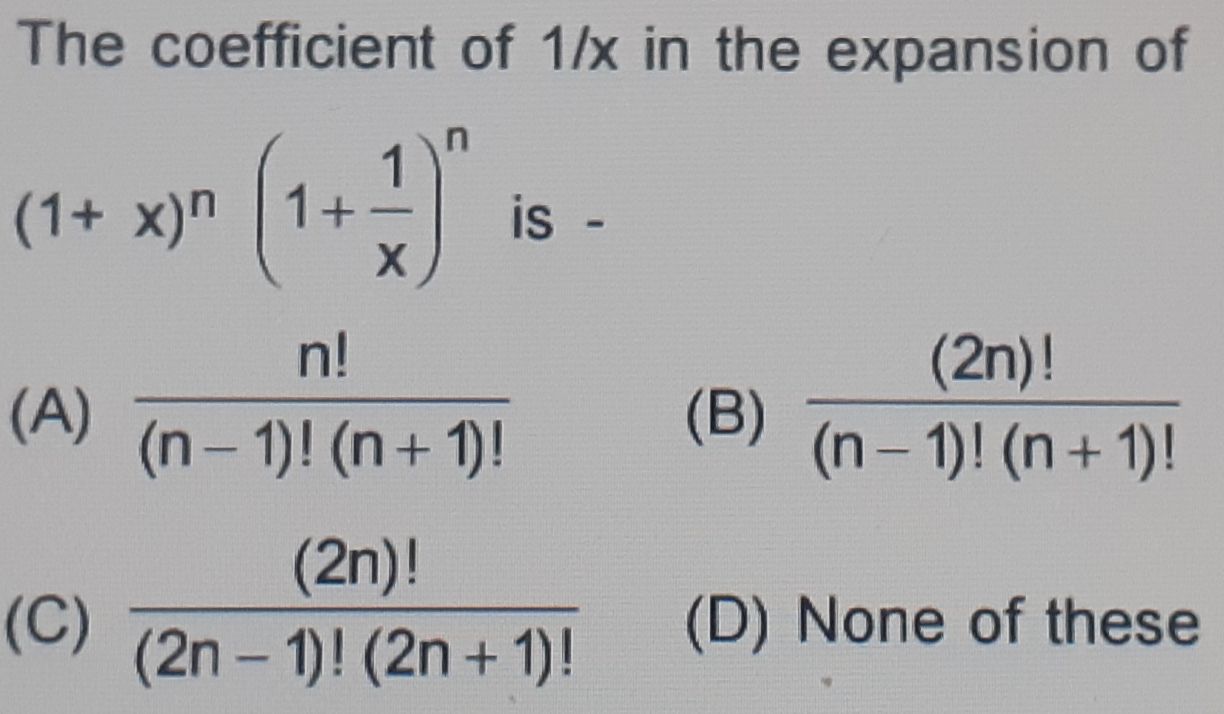Binomial Theorem and its Simple Applications
Bionomial Theorem and its Simple Applications PDF Notes, Important Questions and Synopsis
SYNOPSIS
- A binomial is a polynomial having only two terms. For e.g 2y2- 1
- (x + y)n can be expanded using the Binomial theorem without actually multiplying it n times.

-
Properties of Binomial Expansion (x + y)n
i.Total number of terms in this expansion is n + 1.
ii.The exponent of x decreases by 1, while the exponent of y increases by 1 in subsequent terms.
iii.The first term is
 and the final/last term is
and the final/last term is 
iv.The general term in this expansion is given by

-
Binomial Coefficients:
Binomial coefficients in the expansion of (x + y)n are simply the number of ways of choosing x from the brackets and y from the rest. -
Pascal’s Triangle:
Binomial coefficients can be found using Pascal’s triangle given below.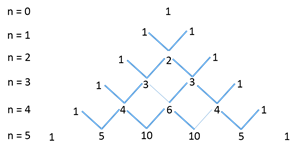
We can also say that
 .
.
Also, the binomial coefficient is given by

-
Terms in the binomial expansion of (x + y)n

i.General Term (rth term): General term in the expansion of (x + y)n is given byii.Middle Term(s):
1. When n is even,

2. When n is odd,
 and
and 
iii.Greatest Term:
In any binomial expansion, the values of the terms increase, reach a maximum and then decrease.
So, to find the greatest term, find the value of r till

So, the greatest term occurs when
r =
iv.Term independent of x:The term independent of x is the term not containing x.
So, find the value of r such that the exponent of x is zero. -
Applications of Binomial Expansion:
i. We have a very important result
 , n ≥ 1, n ∊ N
, n ≥ 1, n ∊ N
ii. Finding the remainder using Binomial Theorem:
To find the remainder when pn is divided by q, adjust the power of p to pm which is very close to b, say with difference 1 and then divide by taking the remainder always positive.
Related Chapters
- Sets, Relations and Functions
- Complex Numbers and Quadratic Equations
- Matrices and Determinants
- Permutations and Combinations
- Mathematical Induction
- Sequences and Series
- Limit, Continuity and Differentiability
- Integral Calculus
- Differential Equations
- Co-ordinate Geometry
- Three Dimensional Geometry
- Vector Algebra
- Statistics and Probability
- Trigonometry
- Mathematical Reasoning

